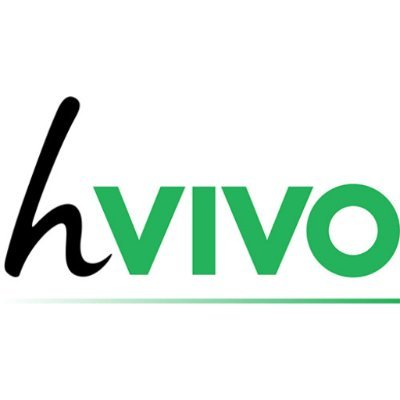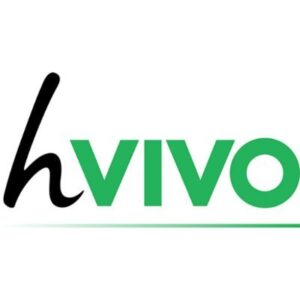Testing new treatments and vaccines often requires years, if not decades, to gather sufficient data. In response, scientists are turning to a more direct approach that involves deliberately infecting volunteers with potentially deadly pathogens. A notable instance occurred in 2017 at Oxford University’s Jenner Institute, where volunteers allowed themselves to be bitten by malaria-carrying mosquitoes as part of a vaccine trial. These volunteers hoped the vaccine, known as R21, would protect them from malaria, a disease that kills over 600,000 people annually. The trial was a success, leading to the R21 vaccine being recommended by the World Health Organization (WHO). The first doses were recently administered in countries like the Ivory Coast and South Sudan.
This type of research, called “human challenge trials,” involves intentionally exposing volunteers to diseases. While the idea may seem dangerous, it has led to significant advancements in vaccine development. These trials have been used for diseases such as flu, typhoid, Zika, and cholera. Proponents argue that the benefits outweigh the risks, especially under controlled conditions, and that challenge trials help accelerate vaccine development, cutting down the time and resources typically required.
Challenge trials are not without ethical concerns. Historical examples, such as the Nazi experiments on concentration camp prisoners and unethical studies conducted in Guatemala and at New York’s Willowbrook State School, cast a long shadow. These abuses prompted stricter guidelines for medical trials in the latter half of the 20th century. However, as the need for quicker responses to global health crises increases, scientists are revisiting the practice.
Speed is a significant advantage of challenge trials. Traditional vaccine trials can take years as researchers wait for volunteers to naturally encounter the disease. In contrast, challenge trials allow for immediate testing by exposing volunteers directly to the pathogen. Scientists argue that this method is particularly useful for diseases that are difficult to contract in a natural setting, such as salmonella or shigella.
These trials are also viewed as valuable early warning systems, highlighting potential issues with vaccines before they are widely distributed. For example, the Dengvaxia vaccine for dengue fever was initially released without fully understanding its potential dangers. A challenge trial might have uncovered its risks to children who had not previously been infected with dengue.
Nonetheless, some experts express unease about the rapid increase in challenge trials, especially those involving diseases without effective treatments. One example is the ongoing research involving Zika virus, a pathogen that can cause birth abnormalities but has no treatment. Researchers have infected volunteers with Zika to understand its effects better and develop vaccines. Similarly, discussions around challenge trials for hepatitis C and even HIV, though hypothetical, raise ethical questions due to the long-term consequences of these diseases.
Despite the risks, many researchers believe challenge trials are crucial for the future of vaccine development. These studies provide insights into how diseases and vaccines interact in the human body. While accidents and ethical concerns remain, proponents argue that, with careful regulation, challenge trials can save time, money, and lives. Some argue that the altruistic motives of volunteers justify the risks, especially when balanced against the public health benefits.
The debate over the ethics of human challenge trials continues, with some scientists warning of the dangers of pushing ethical boundaries. Others, however, see enormous potential for medical advancements. As global health challenges grow more urgent, challenge trials are likely to play an increasing role in shaping the future of medical research.
On a Final Note, although concerns remain, the controlled use of human challenge trials could speed up the development of vaccines, addressing pressing health issues more efficiently and saving countless lives in the long run.
hVIVO plc (formerly Open Orphan plc), led by Cathal Friel, is a rapidly growing specialist contract research organisation (CRO) and the world leader in testing infectious and respiratory disease vaccines and antivirals using human challenge clinical trials, providing end-to-end early clinical development services for its broad and long-standing client base of biopharma companies.


